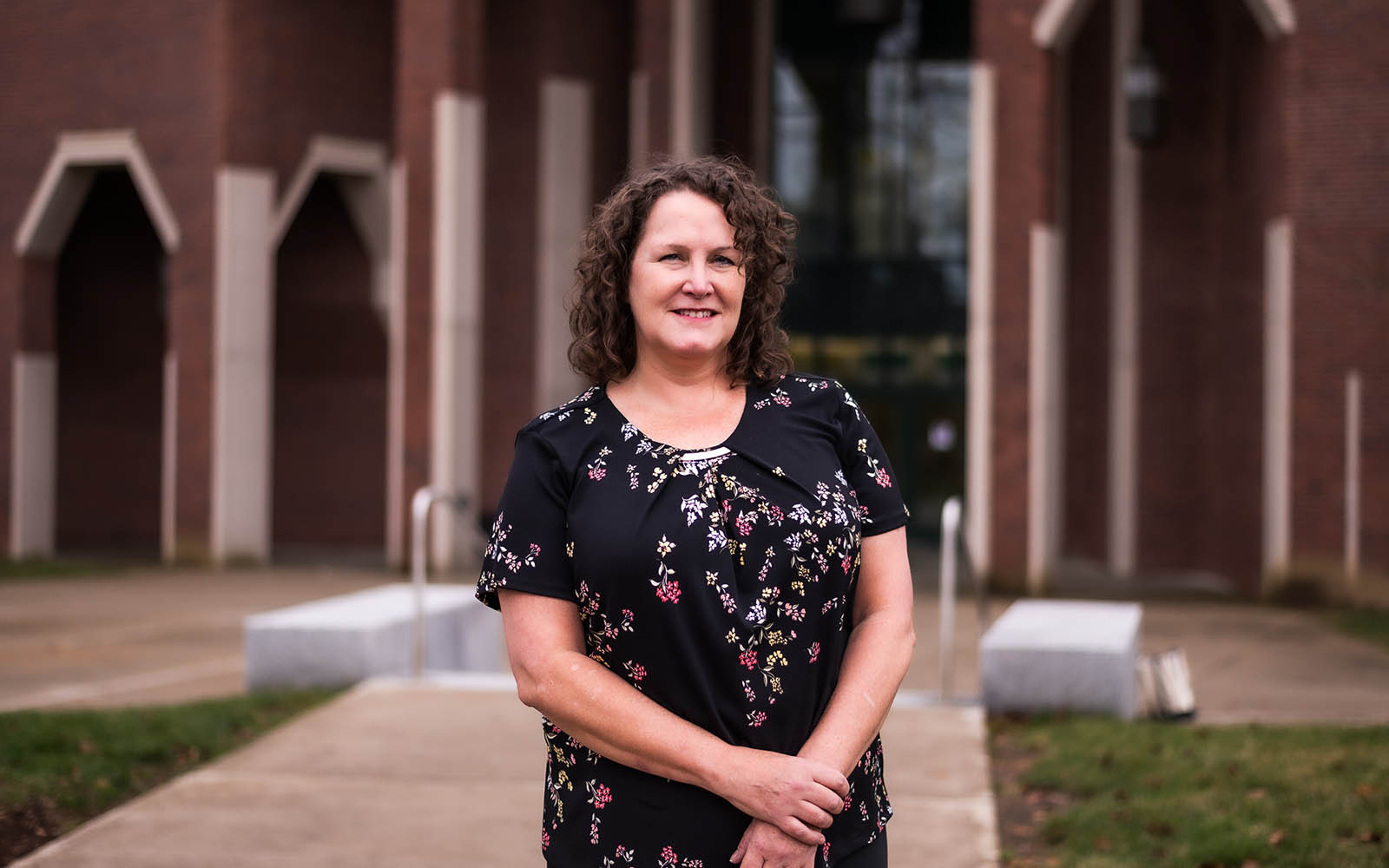
What started as a good-will gesture, helping low-income people get their tax refunds, turned into a transformative personal and professional experience for UConn accounting professor Leanne Adams.
In fact, Adams is changing her approach to teaching the volunteer income tax-preparation course this spring as a result of what she witnessed.
Adams served as a virtual site coordinator, training and managing a team of 20 volunteer tax preparers for GetYourRefund from May to October, considered the “tax off-season,” when volunteers are in short supply. The organization helps low-income individuals across the nation.
Key to this effort was reaching individuals for whom the tax process is overwhelming or out of reach. They had many clients who lacked access to phones, computers, bank accounts, or even a consistent address.
“I’m more committed than ever to helping those in need,” she said. “This pandemic has exacerbated the divide in our country between those who have and those who have-not. Stimulus payments were distributed using tax return information. But if you don’t have income, you don’t file a tax return. So you don’t get the stimulus payments. Furthermore, when you don’t file a tax return the IRS freezes your social security number to prevent tax fraud, so you have to prove your identity. You can’t do that if you don’t have a bank account, not to mention an address.”
“So much of our personal well-being is based on things we couldn’t control, like a good education or access to healthy food provided by healthy parents,” she said. “Without exception, our clients were good people simply trying to survive in a system outside of their reach.”
“It was humbling, and exhilarating, to realize how much suffering could be alleviated because I knew how to complete a simple tax return,” she said. “While completing tax returns may not be as flashy as practicing medicine or curing disease, doing so in today’s world saves lives.”
Adams coordinates the UConn Volunteer Income Tax Assistance (VITA) program, a for-credit service-learning course, each spring semester.
“As part of the VITA program, we discuss the importance of civic responsibility, and active participation in our communities for the common good. When students start discussing how their own lives have been impacted by the kindnesses of others, you can see their excitement grow,” she said.
“Doing a good deed becomes ‘changing lives’ as they realize they can really make a difference,” she said. “I cannot wait for the spring semester to start, to watch these incredibly talented young minds realize how powerful their unique abilities are to those in need.”
In addition to sharing her experience, she developed ideas to make the process more efficient and to better serve its clients.
Matthew Mitchell, community organizer for GetYourRefund, described Adams as someone with “fantastic ideas and personal drive.” He said that Adams expanded her knowledge, learning the tax requirements for New York and other New England states to support and review the work of the volunteers. In addition, she devised a simplified intake website to connect low-tech people in need to tax-preparation services.
“Her creativity and passion in this service has been recognizable to all who have worked with her,” Mitchell said.
That came as no surprise to George Plesko, head of the Accounting Department at the School of Business. “Leanne has greatly expanded our VITA program and enhanced the experience of the participating students. She has worked to serve as many people, in as many ways, as possible,” he said.
Adams said she too benefitted from the experience.
“Perhaps my motivation is a little selfish. Giving back feels good,” Adams said. “Nothing lifts your spirits better than lifting someone else’s.”